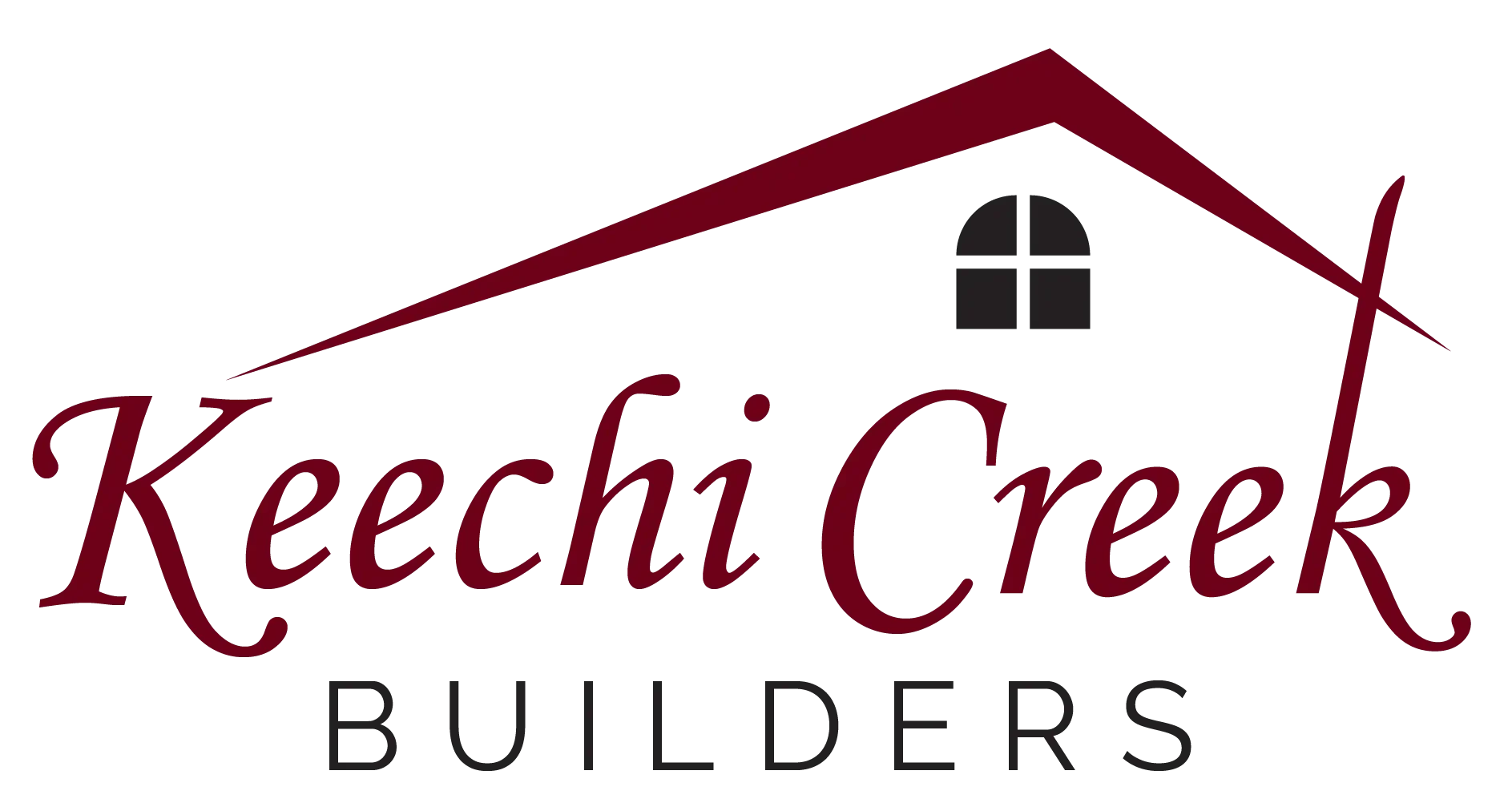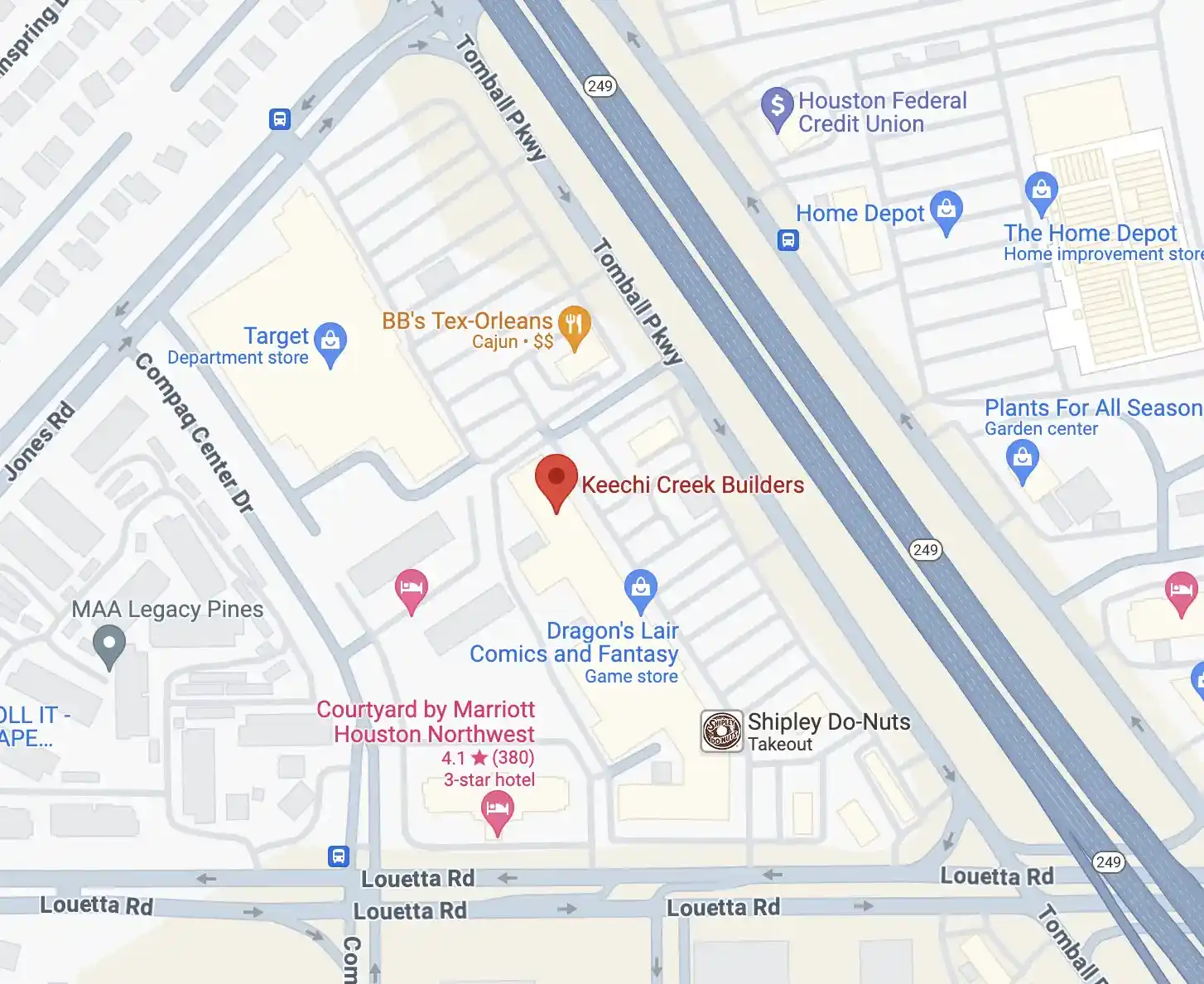Is it really true that building a custom home in Houston can take up to a year or more? You've probably heard this theory several times and wondered about the accuracy of such timelines. It's important to understand that a lot of factors can influence this, from the initial consultation and designing phase, right up to the final inspection and handover. Let's embark on a journey to unpack these stages, so you can be better prepared when you decide to build your dream home. After all, being informed is the key to a successful build.
Key Takeaways
- The timeline for custom home building in Houston involves several phases, including design, permits, construction, and final inspection.
- Factors such as project complexity, material availability, weather conditions, and regulatory approvals can significantly impact the timeline.
- A thorough planning and design phase, including detailed architectural plans, material selection, and clear communication of expectations, is essential for a smooth construction process.
- Delays in the construction timeline can be due to weather, material shortages, design changes, permitting issues, or subcontractor scheduling conflicts, requiring efficient project management.
Initial Consultation and Designing
The initial consultation and designing phase is your first stepping stone in the custom home building journey, where you'll meet with the builder, discuss your ideas, and start to bring your dream home to life. This meeting is a critical juncture, where you'll lay out your vision, and the builder will start crafting a plan to make it a reality.
Budget considerations are a key part of this initial phase. You'll need to have a clear idea of what you can afford, and the builder will need to understand this to guide the design and planning process. This means you'll have to be realistic and possibly make some tough decisions about what features are must-haves and what can be compromised.
Design inspiration is another significant aspect. You've likely been collecting ideas for your dream home - images, sketches, or even physical samples. Sharing these with your builder will give them a clear sense of your style and preferences.
In this phase, you'll also set a timeline, discuss potential challenges, and determine the feasibility of your project. It's an exciting time, the foundation of your custom home building journey. Remember, your dream home starts with a dream, but it's built with careful planning and consideration.
Securing Permits and Approvals
So, you've laid out your dream home's blueprint, but what's next in the process? Securing the necessary permits and approvals is a crucial step that shouldn't be overlooked. In Houston, custom home builders often face Permit Challenges due to the city's strict building codes. It's not enough to have an excellent design; you need to ensure it adheres to these codes to avoid fines or construction halts.
Navigating the permitting process can be daunting, but understanding what it involves can help. The submission of documents, including your house plans, site plans, and structural calculations, is often required. Following this, a review by city officials takes place to ensure your plans comply with local ordinances.
However, you should brace yourself for Approval Delays. They're common and can set your timeline back for weeks, even months, due to reasons like backlogs in the permitting office or necessary revisions on your plans. Therefore, patience and flexibility are key during this stage.
Foundation and Framing Stage
Once you've navigated the permit process, it's time to embark on the foundation and framing stage, which sets the structural groundwork for your custom home. This step is crucial as it shapes the fundamental structure of your home and is contingent upon astute material selection and effective labor management.
Material selection begins with choosing the right foundation. In Houston, concrete slab foundations are popular due to the city's clay-heavy soil. However, the choice depends on your custom home design, budget, and local building codes. Next comes the framing material. While wood is traditional, steel is gaining popularity for its durability and resistance to Houston's humid climate.
Labor management is equally important. It's not just about hiring skilled workers, but effectively coordinating them to ensure the job gets done correctly and on time. Remember, any delays or mistakes in this stage can lead to costly repairs and timeline setbacks.
Your builder should provide you with a detailed timeline for this stage, including when the foundation will be poured and when the framing will be erected. Stay in constant communication with your builder throughout this stage to ensure things are progressing as planned. Your dream custom home in Houston is beginning to take shape!
Exterior and Interior Finishes
After your custom home's structural foundation and framing are in place, it's time to focus on the exterior and interior finishes, an exciting phase that brings your vision to life. This step is where material selection becomes paramount. The choices you make now, from paint colors to flooring types, will ultimately define the aesthetic of your home.
It's essential to understand that not all materials are created equal. Different materials offer varying levels of finish durability. For instance, hardwood flooring might be more durable but requires more maintenance compared to laminate flooring. Meanwhile, exterior finishes such as brick or stone tend to withstand Houston's climate better than wood siding.
Your builder should guide you through this process, helping you balance style, durability, and budget. Remember, your choices should reflect your lifestyle and personal taste, but also consider longevity and maintenance requirements.
The process of adding exterior and interior finishes can be a lengthy one, depending on the complexity of your design. However, watching your custom home take shape is undoubtedly rewarding. Soon, you'll be one step closer to moving into your dream home, tailored to your exact specifications.
Final Inspection and Handover
When it comes to the final inspection and handover of your custom-built home, it's crucial to ensure everything meets your expectations and adheres to the agreed-upon specifications. The process involves meticulous inspection preparation. As a homeowner, you'll want to review the original blueprints, specifications, and contract to know exactly what to expect. It's also wise to familiarize yourself with common construction codes to ensure your home is in line with local standards.
The handover protocols are equally significant. This is the phase where you're officially given the keys to your dream home. But before the handover, a final walkthrough is conducted with your builder. During this, every nook and cranny of your home is scrutinized, from the plumbing and electrical systems to the quality of finishes. Any discrepancies found are noted for rectification.
The importance of this step cannot be overstated. It's your last chance to point out any issues or discrepancies. This is also when you confirm all the agreed-upon features are present. By staying diligent during this phase, you ensure that the house you're handed over, is indeed the house of your dreams.
Post-Construction Services and Warranty
Navigating the post-construction phase of your custom-built home, you'll find that understanding the scope of post-construction services and warranties offered by your builder is crucial. It's about more than just wrapping up the project; it involves understanding your rights and responsibilities, as well as your builder's commitments.
- Warranty Coverage: This defines what components of your home are covered by the builder's warranty, and for how long. It often ranges from structural components to mechanical systems. Comprehend the terms of your warranty to ensure they meet your expectations.
- Service Longevity: This relates to how long the builder commits to making repairs or correcting issues that fall under warranty. A reputable builder in Houston should offer at least a one-year warranty.
- Post-Construction Services: These are typically services provided by the builder after the home is completed. They can include routine inspections, scheduled maintenance, and addressing any issues that arise.
Understanding your builder's post-construction services and warranty coverage can give you peace of mind and ensure the longevity of your custom home. Always remember to read and understand all documents before signing, and don't hesitate to ask questions. Your dream home is a significant investment, and you deserve the best protection.
Frequently Asked Questions
What Are the Hidden Costs That May Arise During the Construction of a Custom Home?
Hidden costs you may encounter during custom home construction include hidden financing costs, like loan fees, and unexpected design expenses such as upgrades or changes in material prices. Always plan for these unforeseen expenditures.
How Does the Local Climate in Houston Affect the Construction Timeline of a Custom Home?
Houston's climate can significantly impact your custom home's construction timeline. Seasonal planning is crucial to navigate weather disruptions. Climate resilience measures can also affect timing, but they'll ensure your home withstands future weather events.
What Is the Process of Sourcing Materials for the Custom Home Construction, and How Long Does It Typically Take?
You'll start with material quality control, ensuring top-notch supplies. Sustainable sourcing may take a few weeks, depending on availability. The entire sourcing process can take 1-2 months, varying with your custom home's specific needs.
How Do Custom Home Builders in Houston Handle Unexpected Delays or Challenges During Construction?
In Houston, custom home builders employ delay management strategies to handle unexpected delays or challenges. They're proactive in overcoming construction challenges, often revising timelines, sourcing alternate materials, or adjusting construction techniques for a seamless process.
How Often Can I Visit the Construction Site and How Involved Can I Be in the Construction Process?
You can visit the site regularly, but always prioritize site safety. Your design influence is encouraged during planning, but alterations mid-construction can delay progress. It's best to discuss involvement with your builder directly.

